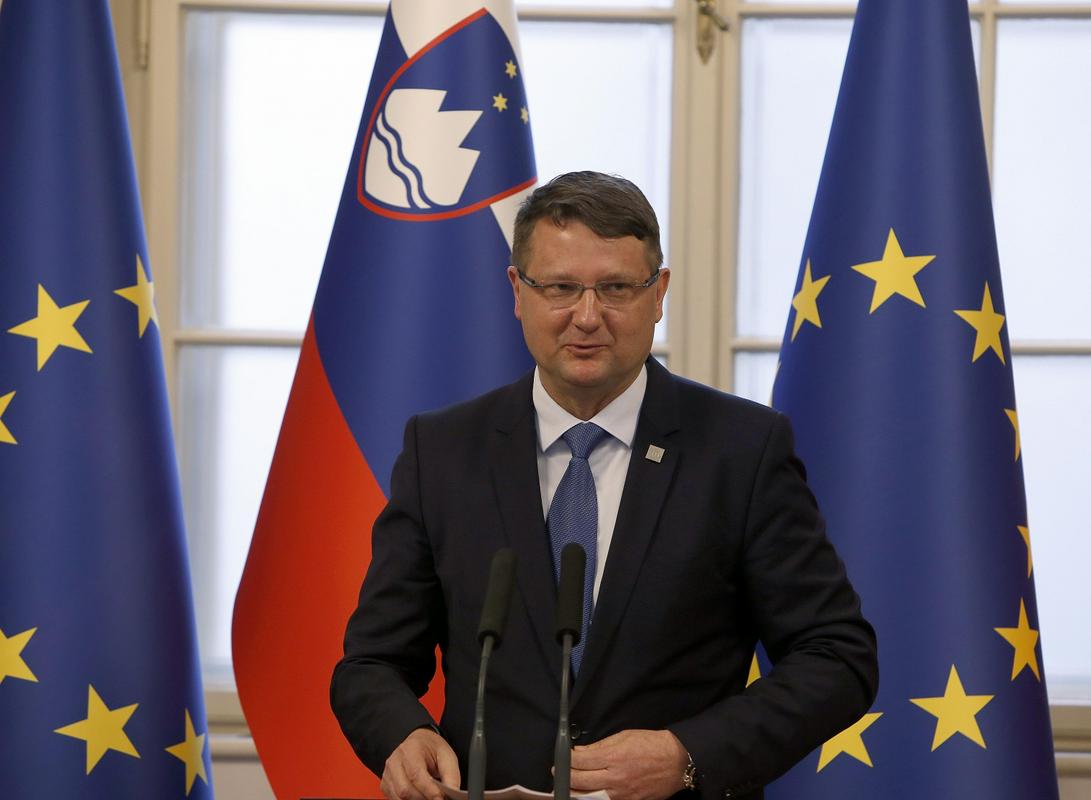
ITF Enhancing Human Safety was established on the 12th of March 1998. Its initial purpose was to help Bosnia and Herzegovina implement the Dayton peace agreement, help clear mine-infested areas and assist landmine victims.
The foundation was established by the government of Slovenia in cooperation with the US. The signees of the letter of intent were former foreign minister Boris Frlec and United States Secretary of State Madeleine Albright, while its driving force was Roman Kirn, who wanted to establish help for landmine victims in Bosnia and Herzegovina as well as to provide help in demining.
Almost half of the victims are children
ITF director Tomaž Lovrenčič said for STA on Saturday that demining is a very slow process, which requires precision. However, threats for the civilians remain the same as in the beginning.
According to his information, more than 500,000 people took part in their awareness courses about mine risks. Many of the participants were children, as they have a high risk of getting injured. This risk is even higher in these times, ‘because these children were born after the conflict and do not understand that the remains of the war are actually found in their surroundings,’ explained Lovrenčič, adding that almost half of the victims are children.
ITF also enables rehabilitation. They have assisted over 1,300 people injured in explosions. ‘In practice, this means that they received prosthetic limbs, that is hands and legs,’ said Lovrenčič, adding that this service was mainly provided by experts at the University Rehabilitation Institute Soča in Ljubljana.
Pahor: Putting people first
President Borut Pahor hosted a reception for ‘the Faces of ITF’, for those individuals who gave meaning to their life path through their work in the organisation. A personal and respectful approach to humanitarian aid highlights cooperation and coordination and it always puts victims first, said Pahor, adding that ITF has provided opportunities for physical rehabilitation for 1,303 landmine victims, thus enabling them to live an active and full life, like other members of the society.
Greatness is not in what you have, but in what you give
ITF director said at the event that the greatness of a country is reflected not only in how much it has. ‘It is reflected also in how much it gives and how it is able to listen to those in need. Through ITF, Slovenia helps a lot,’ stressed Lovrenčič. Boris Frlec, former foreign minister and current first president of the ITF board of advisors, said that this is one of the most successful international projects of the Slovene foreign policy.
ITF enables immediate help
US are ITF's biggest donor and Stanley L. Brown, director of the US State Department's Office of Weapons Removal and Abatement, said at the reception that one of the reasons for successful cooperation between the US and ITF was effective communication between the Institute and other organisations. ITF actually offers immediate help when demining is needed.
In 20 years, ITF became an internationally recognised non-profit organisation, which has been present in 31 countries across the world. It has enabled rehabilitation for landmine victims at the University Rehabilitation Centre Soča as well as in Bosnia and Herzegovina and Lebanon.

































































